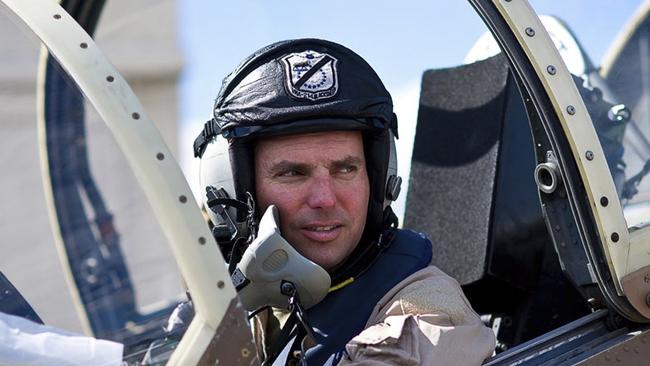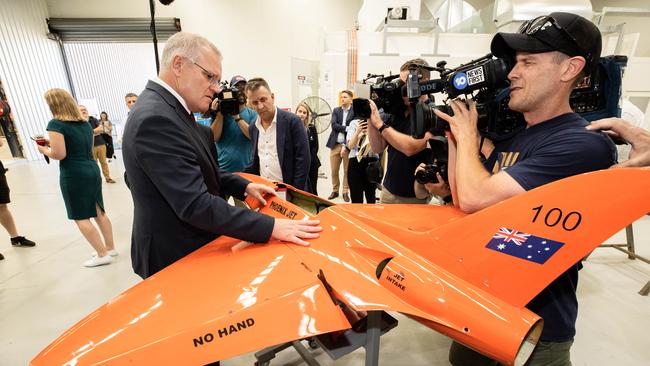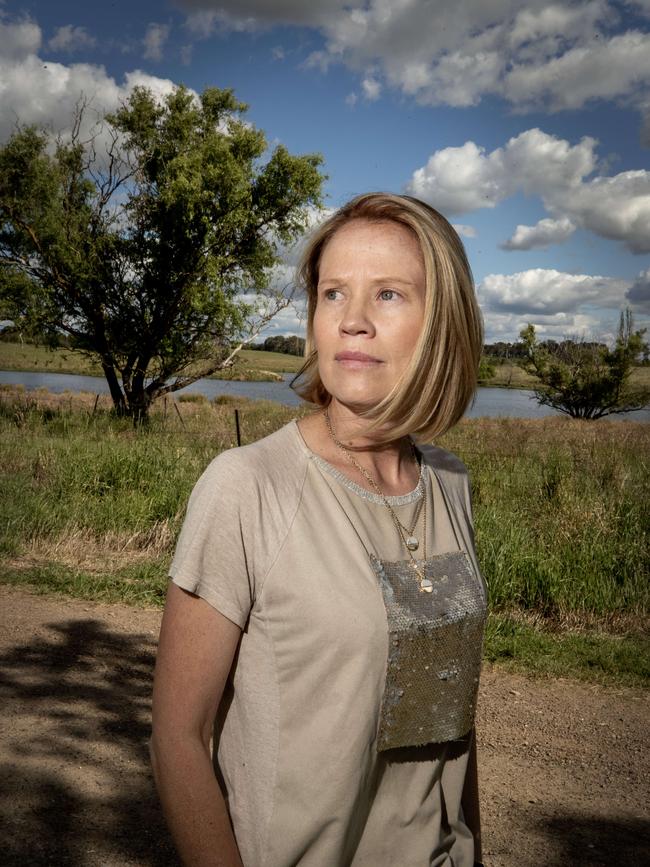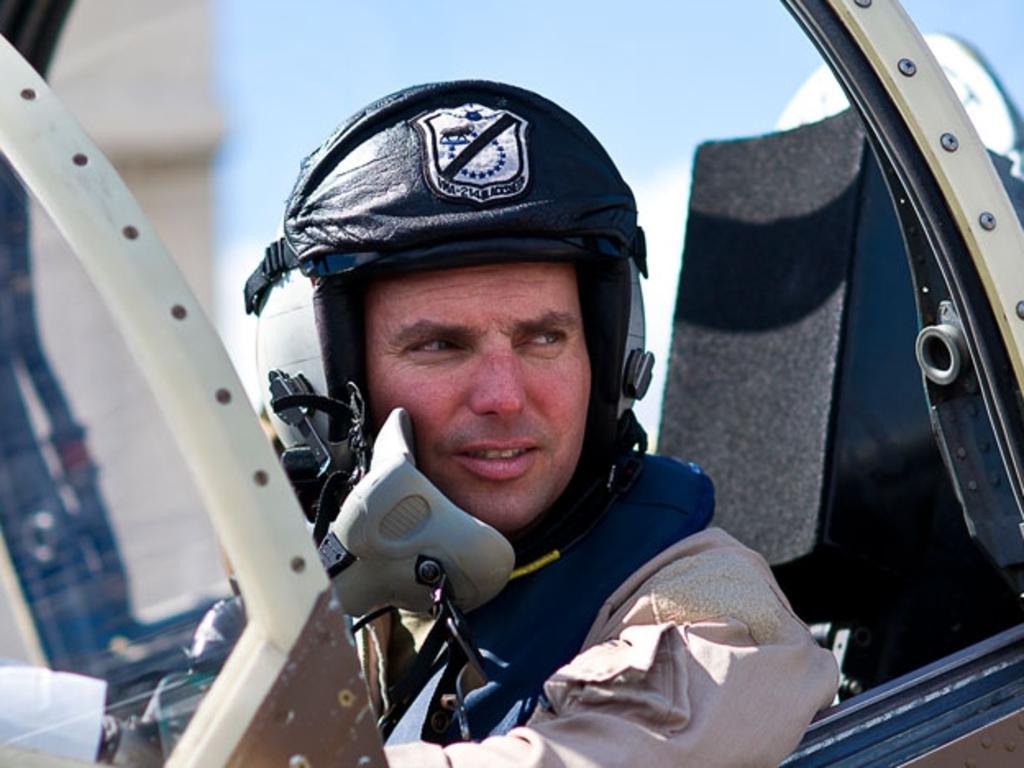Daniel Duggan check may have raised red flags
The former US Marine fighter pilot accused of providing military training to Chinese pilots may have been flagged by Australian authorities after he applied for a job with a defence contractor.

The former US Marine fighter pilot accused of providing military training to Chinese pilots may have been flagged by Australian authorities after he applied for a job with a defence contractor involved in battle-training F18 pilots and transporting VIP defence personnel.
Daniel Edmund Duggan, 54, is in custody in NSW pending a bid by the US to extradite him on an indictment alleging conspiracy to unlawfully export defence services to China, conspiracy to launder money, and violating the Arms Export Control Act and international traffic in arms regulations.
He relocated from China to Australia in September to start a new job with Air Affairs Australia, an established Australian Defence Force contractor based in Nowra on the NSW south coast.
The company describes itself as a “teaming partner’’ with major defence companies Kratos Defence Australia, Raytheon Australia and Schiebel Pacific – all of them companies involved in highly sensitive defence work including developing and maintaining armed drones, and ballistic missile testing and training.
Air Affairs Australia also provides “specialised” air training support services to the Australian Defence Force, including airborne target simulation with Australian military aircraft involving missile weaponry, and attack-training F18 pilots and transporting VIPs.
Then prime minister Scott Morrison visited Air Affairs Australia’s advanced manufacturing centre in April, on his second stop of the federal election campaign.
Air Affairs Australia’s chief executive Chris Sievers confirmed Mr Duggan had interacted with his company.

“As a US Marine-trained pilot, his skills and experience would of course be highly desirable for a business like Air Affairs,’’ he said.
“However, following the usual checks that you would expect within our employment process, his employment with the business did not proceed.
“It would not be appropriate for us to discuss this matter any further,’’ Mr Sievers added.
In order to gain employment with a defence contractor, Mr Duggan would have been required to undergo extensive background checks, which become increasingly more onerous depending on the sensitivity of the job.
Mr Duggan’s wife Saffrine had told The Australian her husband’s ASIC – a national aviation security identification pass – “had cleared” and that he was due to start flying with Air Affairs the week before his arrest on October 21.

“Their biggest client is the Australian Navy,” she said.
As well as basic checks such as establishing identity and undergoing a criminal record check, Mr Duggan would likely have faced vetting by the Australian government’s vetting agency, which includes assessments by Australia’s domestic spy agency, ASIO.
This may have been when his full employment history, including at least one short-term contract with the Test Flying Academy of South Africa more than a decade ago, came on to authorities’ radar.
The academy is directly linked to Chinese state-owned aviation entities and is being heavily scrutinised by the Five-Eyes intelligence partners – the US, UK, Australia, Canada and New Zealand. The company denies any wrongdoing.
On December 20, Mr Duggan’s lawyer Dennis Miralis told journalists Mr Duggan had interactions with Australian intelligence before travelling to China, while he was in China, and after he left. Mr Miralis said the Inspector-General of Intelligence and Security was investigating Mr Duggan’s circumstances.
Mr Duggan worked in China from about 2012, running an aviation consultancy named AVIBIZ, and undertaking some flying work. He also owned a dive bar aimed at expat pilots, the Flying Kangaroo, in Beijing.
His time in China, and his former friendship with a man known as Su Bin, or Stephen Subin, will have been heavily scrutinised.
Su, a Chinese Canadian citizen, was jailed in Canada in 2016 for working with two Chinese military officers to hack into the systems of defence contractors, including the US aviation giant Boeing, in a bid to steal military secrets.
Mr Duggan was known to have had a friendship several years ago with Su, and to have talked about going into business with him. He also shared a registered address with him in China.
The matters of which Mr Duggan has been accused are alleged to have happened between 2010 and 2012, when he was an American citizen. It has not been explained why authorities are now indicting him over activities alleged to have happened more than a decade ago.
On December 22, Attorney-General Mark Dreyfus agreed to accept the formal extradition application by the US – a move that clears the way for the courts to decide if Mr Duggan is eligible to be surrendered.
His case will go before a magistrate in Sydney on January 10.






